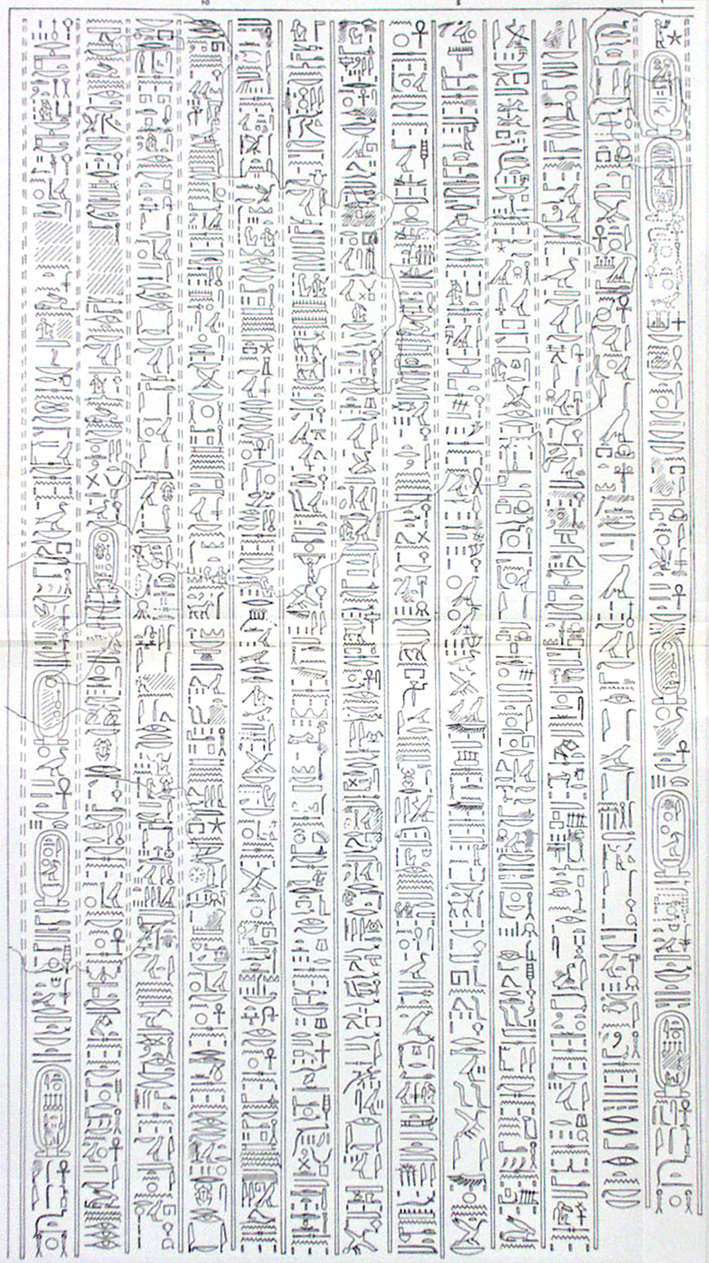|
Amarna Letters Writers
Amarna (; ar, العمارنة, al-ʿamārnah) is an extensive Egyptian archaeological site containing the remains of what was the capital city of the late Eighteenth Dynasty. The city was established in 1346 BC, built at the direction of the Pharaoh Akhenaten, and abandoned shortly after his death in 1332 BC. The name that the ancient Egyptians used for the city is transliterated in English as Akhetaten or Akhetaton, meaning " the horizon of the Aten".David (1998), p. 125 The site is on the east bank of the Nile River, in what today is the Egyptian province of Minya. It is about south of the city of al-Minya, south of the Egyptian capital, Cairo, and north of Luxor (site of the previous capital, Thebes). The city of Deir Mawas lies directly to its west. On the east side of Amarna there are several modern villages, the chief of which are l-Till in the north and el-Hagg Qandil in the south. Activity in the region flourished from the Amarna Period until the later Roman era ... [...More Info...] [...Related Items...] OR: [Wikipedia] [Google] [Baidu] |
Aten
Aten also Aton, Atonu, or Itn ( egy, jtn, ''reconstructed'' ) was the focus of Atenism, the religious system established in ancient Egypt by the Eighteenth Dynasty pharaoh Akhenaten. The Aten was the disc of the sun and originally an aspect of Ra, the sun god in traditional ancient Egyptian religion. Akhenaten, however, made it the sole focus of official worship during his reign. In his poem " Great Hymn to the Aten", Akhenaten praises Aten as the creator, giver of life, and nurturing spirit of the world. Aten does not have a creation myth or family but is mentioned in the ''Book of the Dead''. The worship of Aten was initially dismantled by Tutankhamun and later eradicated by Tutankhamun's former military general Horemheb. Etymology and origin The word ''Aten'' appears in the Old Kingdom as a noun meaning "disc" which referred to anything flat and circular; the sun was called the "disc of the day" where Ra was thought to reside. By analogy, the term "silver aten" was s ... [...More Info...] [...Related Items...] OR: [Wikipedia] [Google] [Baidu] |
